26 Jan 2022
Institutional catering in France: evolving consumer expectations and emerging innovations
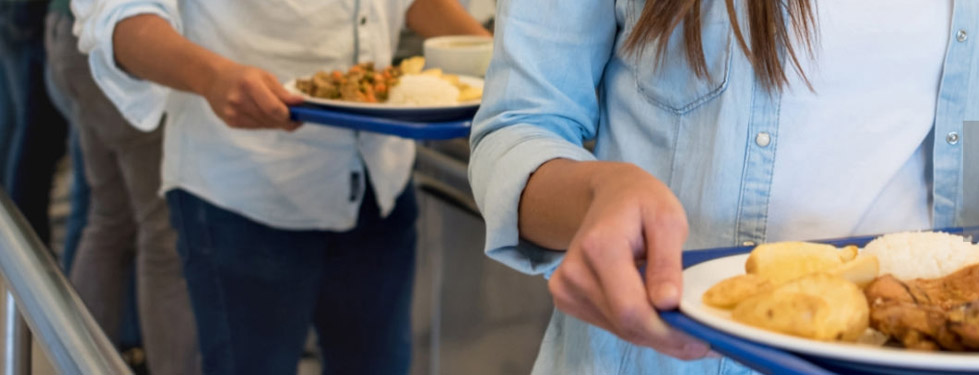
Soggy asparagus, overcooked fish or watery spinach… Are these the pervasive memories French people have of “canteen” food? Well, in 2021, institutional catering meals (served in the cafeterians of companies, institutions or schools, for example) in fact had a positive image for 69% of French adults (source: Ifop report for SNRC – November 2021).
Speed and ease of use, a friendly ambiance, diverse and high-quality products, but also digitalisation, personalisation and anti-waste measures… What are the expectations of French consumers for mass catering in 2021? And what innovations are emerging to help catering professionals meet these demands?
Friendly and practical are key arguments for French diners
According to a November 2021 survey commissioned by SNRC (French national catering union) and carried out by IFOP (the full report in French here), the perception French adults have of their canteen is largely warm – and well away from the caricatures of the collective imagination: 69% of French people have a positive image of institutional catering meals (with a breakdown of 10% having a “very good” image, and 59% having a “good” image).
This survey clearly underscores the improvement that large scale catering has undergone in recent years: 80% of French people consider that an effort has been made in a number of areas to improve the canteen offer (products that are local, organic, with labels of quality, for example). Diners with the highest opinions are also among the youngest, and have a recent experience of school lunches: among 18-24 year-olds, 81% declared that they had a good perception of canteens, with 22% having a “very good” image?
While French people appreciate their canteens, it seems that the social dimension weighs strongly on this perception. For 84%, eating at the canteen was an opportunity to spend time with co-workers or colleagues in a friendly setting. Ease of use was the second element of satisfaction: for 80% of consumers, the canteen represented practical solution for accessing a lunchtime meal.
Friendliness and practicality are also the two aspects that French people missed the most during the closure of most institutional catering operations during the various lockdowns caused by the Covid-19 pandemic: 41% of diners who usually ate at the canteen regretted that they could no longer share a meal with co-workers, and 34% regretted that they no longer had access to prepared meals.
Two other criteria complete the picture of French diners’ main expectations:
- Dietary diversity: for 74% of French people, the canteen guarantees a variety of foods, and for 72% it represents a balanced diet. We can also note that for 68%, the canteen was a chance to eat foods that they would not think to prepare at home.
- Price : for 67% of French people, their canteen represents the cheapest solution for their lunch.
Two complementary expectations moving to the foreground
Since the Covid-19 health crisis, transformations in institutional catering have been accelerating, such as Click & Collect solutions or table service, as indicated by Gaétan de L'Hermite, CEO of the French subsidiary of Compass (the full interview here – in French). While these practicesare of course drawn from the commercial restaurants, they are slowly transferring to expectations of institutional catering settings. These expectations can be condensed around two ideas:
Individualisation
Institutional catering and individualisation may appear at first glance to be mutually exclusive. But, taking into account an individual’s dietary practices, whether for health (gluten-free, low salt) or for personal conviction (vegetarian, vegan, religious restrictions), has now become an imperative, for both B2C food producers or, indeed, large scale catering. More and more “à la carte” offers are appearing thanks in part to digital tools (personal profiles, meal analysis etc.).
Digitalisation
The Covid-19 crisis has also played a role in accelerating the digitalisation of institutional catering. Rarely deployed a few years ago, automated solutions have become an essential part of safety and logistical considerations: digital “Express” cashier booths currently used Compass France, flash codes on tables, online ordering etc.
Waste reduction: innovating solutions
Food waste generated by mass catering in France represents around 150-200g/person/meal, or 0.3-0.4€/person/meal. For an establishment serving 500 covers per day, for an average of 200 days per year, this means 15-20 tons of food is thrown out, or an annual loss of 30,000-40,000€ (more information on food waste by France’s catering sector in this publication by ADEME – in French). Targeted by France’s “Egalim” law, it is no surprise that the fight against food waste is a priority for French citizens… but also for catering operatives who are innovating solutions to this problem.
For example, CROUS (the French public organisation tasked with providing amenities for students – in particular housing and catering) for the region of Burgundy-Franche-Comté won a 2016 public tender on the topic of reducing food waste, funded by the city of Dijon and Restau’Co, and whose first stage was carrying out a diagnostic of food waste in student cafeterias.
CROUS is also a partner of the GASPPLI project, accredited by Vitagora and coordinated by Sensostat. This project aims to use understanding of sensory preferences as a tool for reducing food waste (refining menus and portion sizes, for example). The project aims to build a digital system of qualitative and quantitative data collection using senosry quetionnaires and real consumption in institutional catering, linked to a user interface accessible by canteen staff. Launched in 2020, this project began with a definition of user cases among consumers and has developed a first prototype software centred on user experiences (you can find out more about the GASPPLI project here).
Institutional catering in the health sector is also in the crosshairs of innovation. For example the imaging specialist Yumain is taking part in the FoodInTech innovation project in partnership with the Dijon University Hospital and Atol Conseils & Développement. Focusing on the hospital catering sector with the dual goal of reducing food waste AND reducing elderly malnutrition, this project also opens doors to other applications such as using a visual detection tool to analyse the contents of trays or plates in a variety of mass catering contexts (more info on the project here).
Go further
Whether you are interested in food markets, commercial food service or institutional catering, consumer expectations are evolving. And innovating is a must for keeping up with these changing demands.
To feed your innovation ideas with new trends or solutions, subscribe to our blog (1-2 articles per month).




 Home
Home

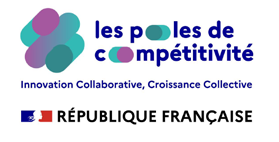

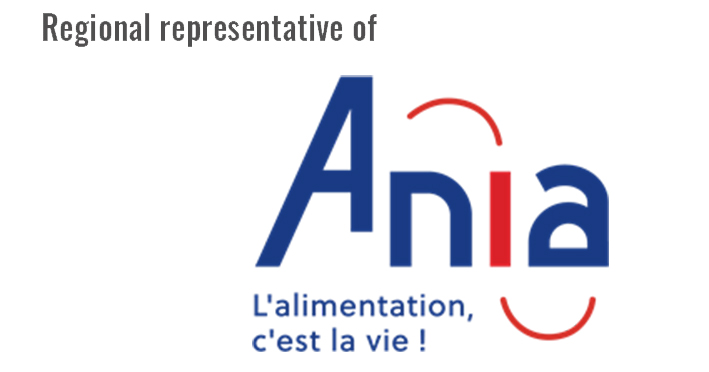

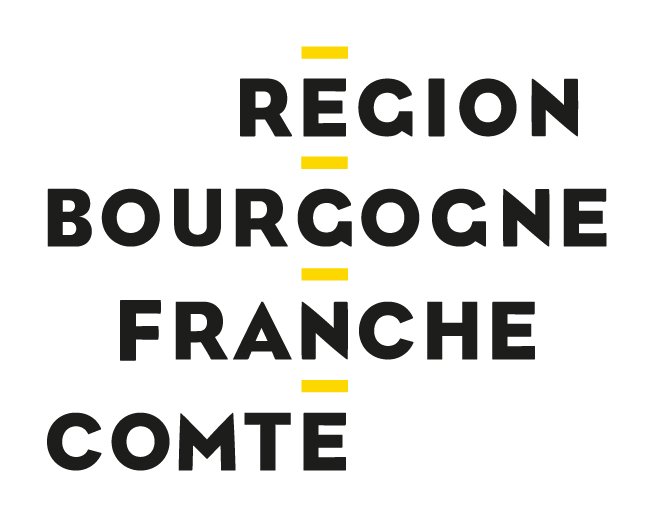
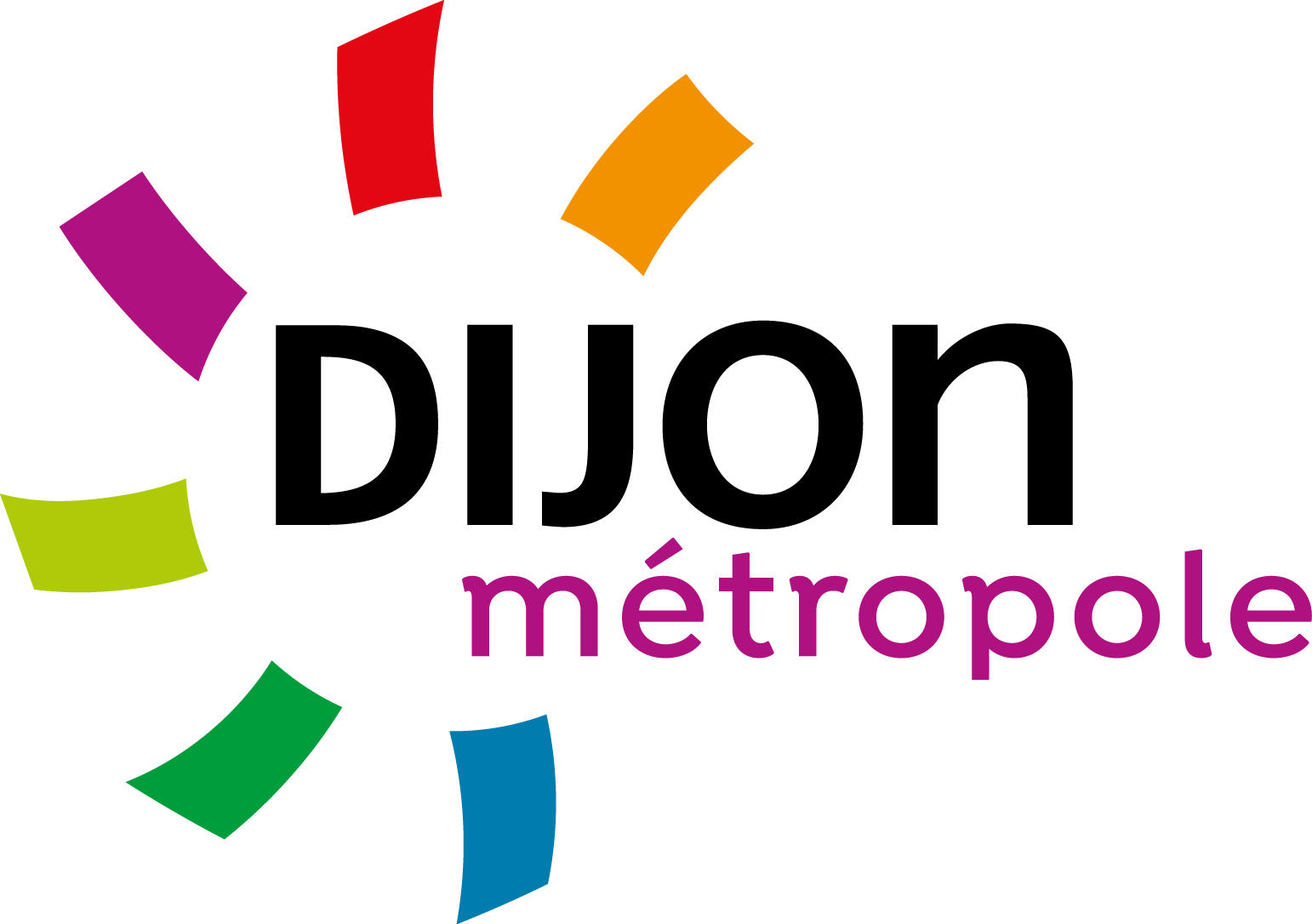









Share your opinion